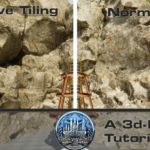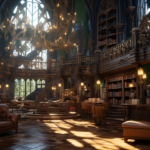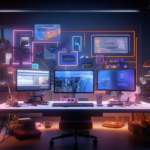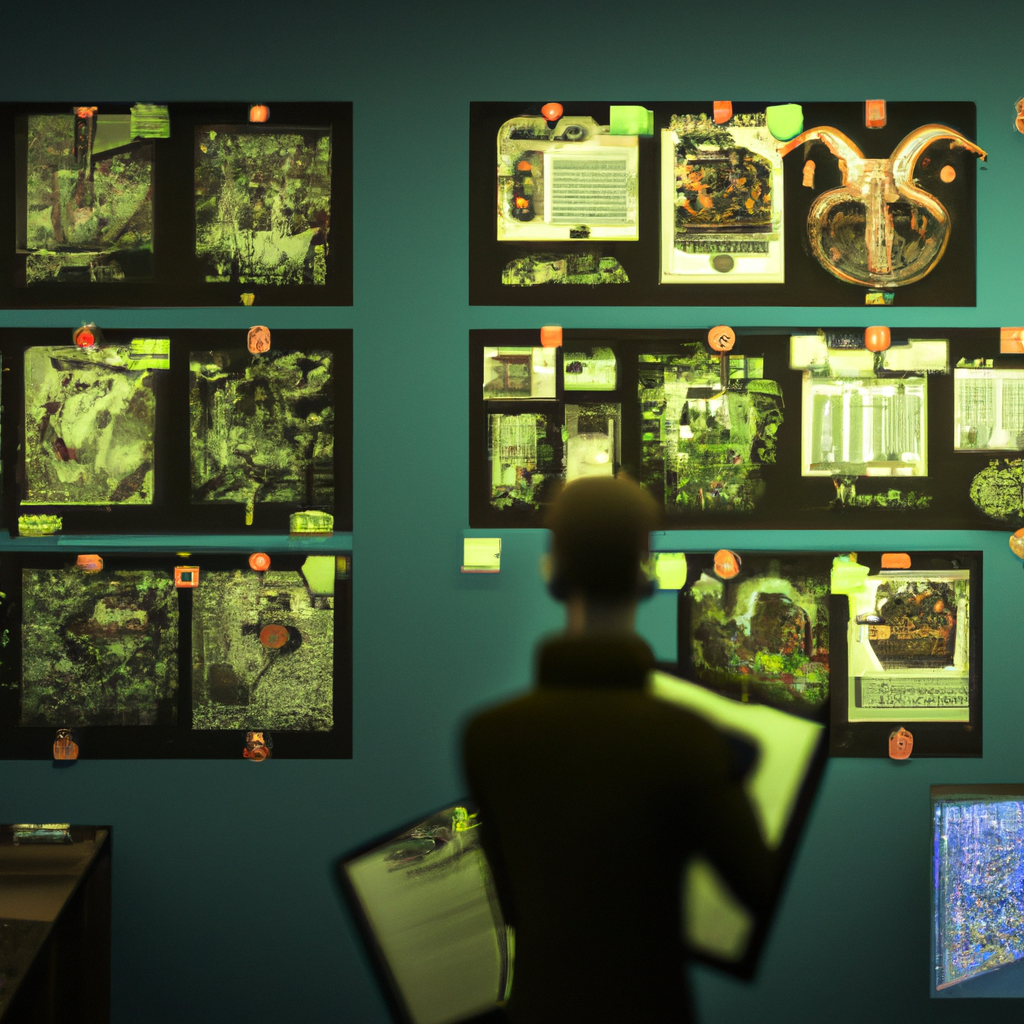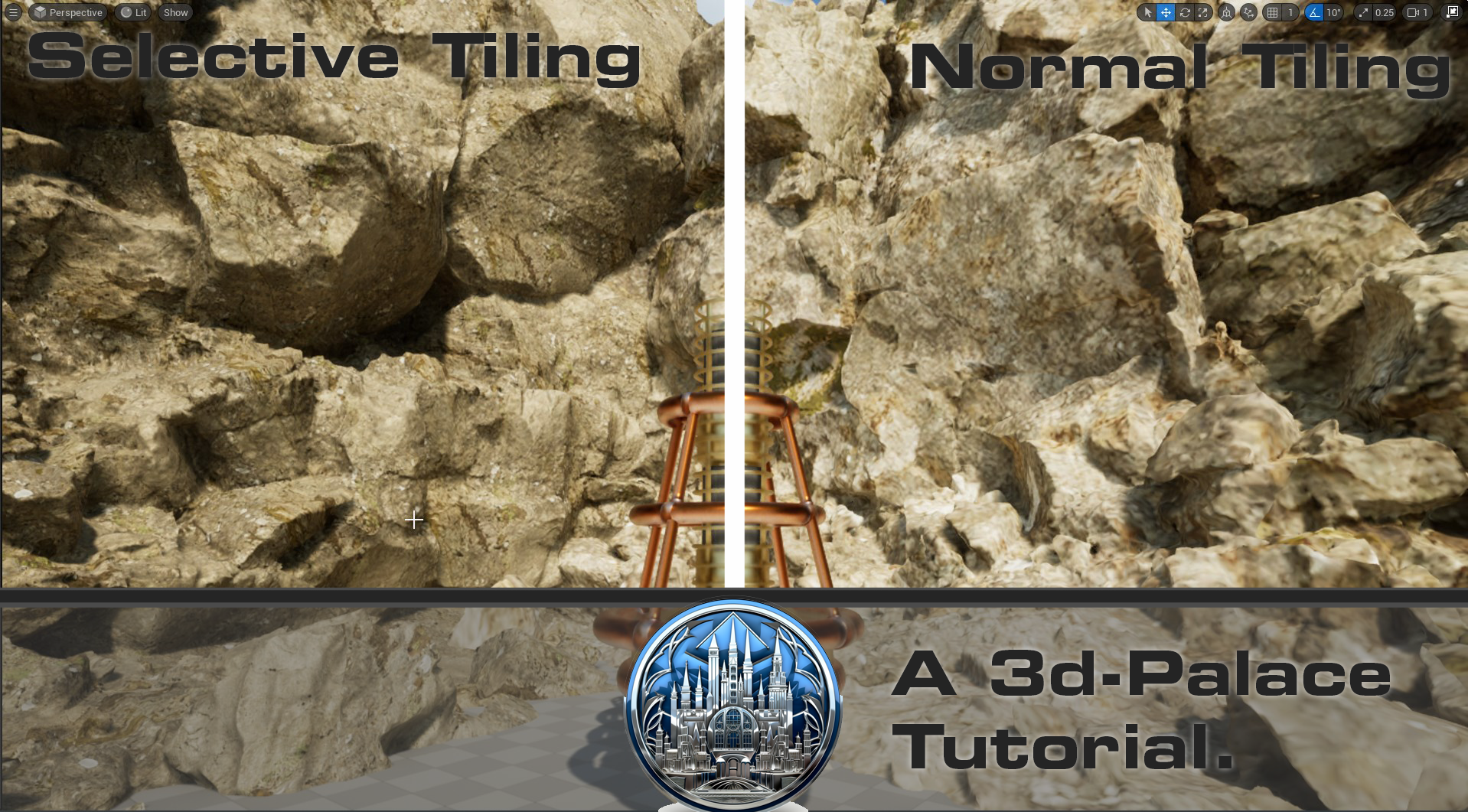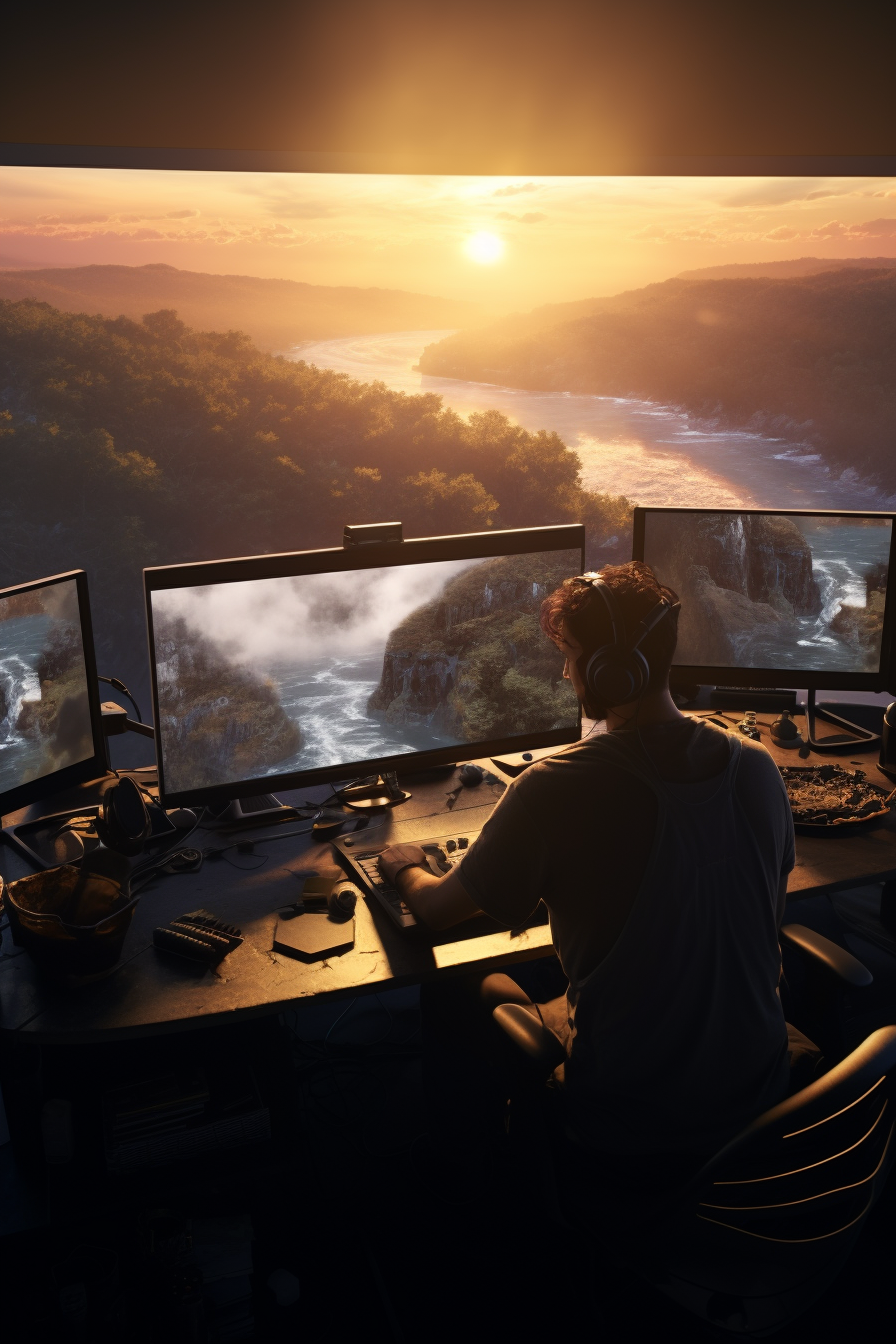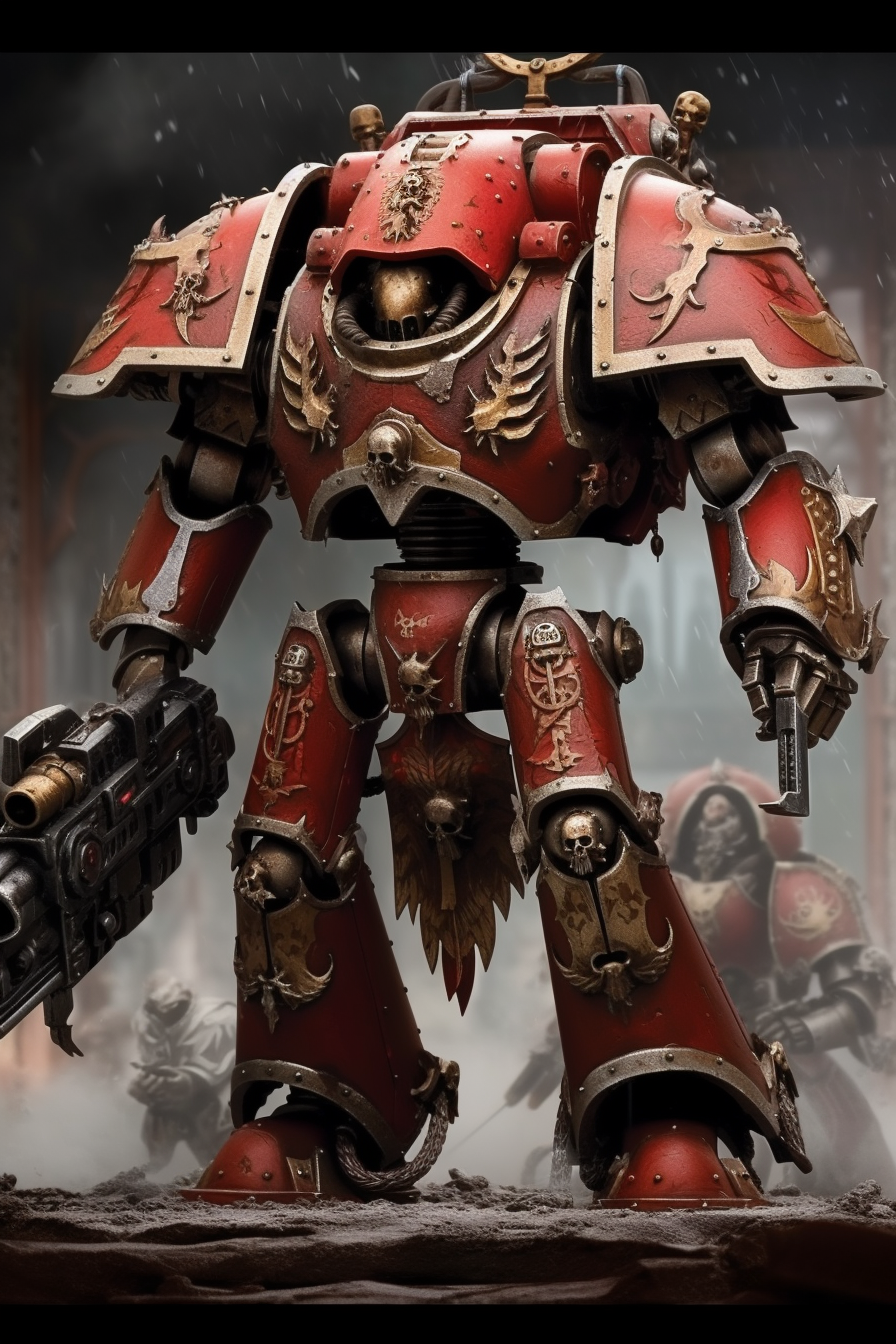Section 1: Introduction
The literary works of H.P. Lovecraft have long captivated readers with their eerie atmospheres, cosmic horror, and complex mythos. The Cthulhu Mythos, in particular, has become a cornerstone of horror fiction, inspiring countless books, films, and, of course, video games. Lovecraftian themes have left an indelible mark on the gaming industry, evolving and adapting to new technologies and platforms. This article explores the history of Lovecraftian video games, delving into their early beginnings and culminating with the development of The Wickie, a promising new title that continues the tradition of cosmic horror.
Section 2: Early Lovecraftian Games
The first Lovecraftian video games emerged during the 1980s, a time when the gaming industry was still in its infancy. One of the earliest examples is 1987’s “The Lurking Horror” developed by Infocom (https://www.infocom-if.org/). This text-based interactive fiction game, set in a dark and stormy night at a university, drew inspiration from Lovecraft’s chilling atmosphere and sense of foreboding. Another early title, “Shadow of the Comet” (1993), developed by Infogrames (now Atari, https://www.atari.com/), was an adventure game that introduced players to the eerie town of Illsmouth, where they must uncover the truth behind a mysterious comet’s arrival and its connection to the Cthulhu Mythos.
Section 3: Call of Cthulhu Series
In 2005, the Lovecraftian gaming landscape changed dramatically with the release of “Call of Cthulhu: Dark Corners of the Earth” developed by Headfirst Productions and published by Bethesda Softworks (https://bethesda.net/). This first-person horror game combined exploration, investigation, and combat mechanics while immersing players in a faithful adaptation of Lovecraft’s lore. The game’s success led to the creation of the “Call of Cthulhu” series, with later titles such as “Call of Cthulhu: The Wasted Land” (2012), a turn-based strategy game developed by Red Wasp Design (http://redwaspdesign.com/), and “Call of Cthulhu” (2018), a psychological horror game developed by Cyanide Studio (https://www.cyanide-studio.com/) and published by Focus Home Interactive (https://www.focus-home.com/).
Section 4: The Influence of Lovecraft on Indie Games
Independent game developers have also embraced Lovecraftian themes, creating unique and innovative experiences that pay homage to the cosmic horror genre. Titles like “Darkest Dungeon” (2016), developed by Red Hook Studios (https://www.redhookgames.com/), and “Sunless Sea” (2015), developed by Failbetter Games (https://www.failbettergames.com/), have successfully blended Lovecraftian elements with other genres, such as turn-based strategy and exploration-based narrative games, respectively. These indie titles demonstrate the versatility of Lovecraft’s influence and its ability to inspire new, engaging gaming experiences.
Section 5: Virtual Reality and Lovecraftian Horror
Virtual reality (VR) technology has opened up new possibilities for Lovecraftian horror games. Titles like “Edge of Nowhere” (2016), developed by Insomniac Games (https://insomniac.games/), and “The Shore” (2021), developed by Ares Dragonis (https://www.theshoregame.com/), have leveraged the immersive nature of VR to create even more terrifying
and atmospheric experiences for players. As VR technology continues to evolve and become more accessible, it is likely that Lovecraftian horror games will continue to push the boundaries of what is possible in this immersive medium, further blurring the lines between fiction and reality.
Section 6: Lovecraftian Themes in Mainstream Gaming
Lovecraft’s influence has extended beyond niche horror titles and into the mainstream gaming market. Some AAA games have incorporated Lovecraftian themes and aesthetics to great effect, such as “Bloodborne” (2015) developed by FromSoftware (https://www.fromsoftware.jp/ww/) and published by Sony Interactive Entertainment. This critically acclaimed action RPG masterfully weaves Lovecraftian horror into its world design, narrative, and gameplay, creating an unforgettable experience for players. Other popular franchises, like “The Secret World” (2012) developed by Funcom (https://www.funcom.com/), have also adopted Lovecraftian elements, proving that cosmic horror has a broad appeal within the gaming community.
Section 7: The Wickie’s Development
The Wickie, an upcoming indie game developed by 3D Palace (https://3d-palace.com/), is the latest addition to the Lovecraftian video game canon. This promising title takes inspiration from Lovecraft’s works and expands upon them, creating an immersive and terrifying world for players to explore. Players will assume the role of Bill, a lighthouse keeper, who must navigate a series of strange and horrifying events on a remote island. The game combines elements of puzzle-solving, exploration, and survival horror, resulting in a unique and gripping experience.
The development of The Wickie showcases the continued evolution of Lovecraftian video games, incorporating cutting-edge technologies like Unreal Engine 5 to deliver stunning visuals and highly detailed environments. The game also features a dynamic weather system and dynamic material instances, adding an extra layer of realism and atmosphere to the gameplay.
Section 8: And So…
The history of Lovecraftian video games demonstrates the enduring appeal of H.P. Lovecraft’s works and their ability to inspire innovative and immersive gaming experiences. From their early beginnings to the latest cutting-edge titles like The Wickie, Lovecraftian games have evolved alongside the gaming industry, finding new ways to terrify and captivate players. As technology continues to advance and developers push the boundaries of what is possible, it is clear that Lovecraft’s influence will continue to shape the gaming landscape for years to come.

